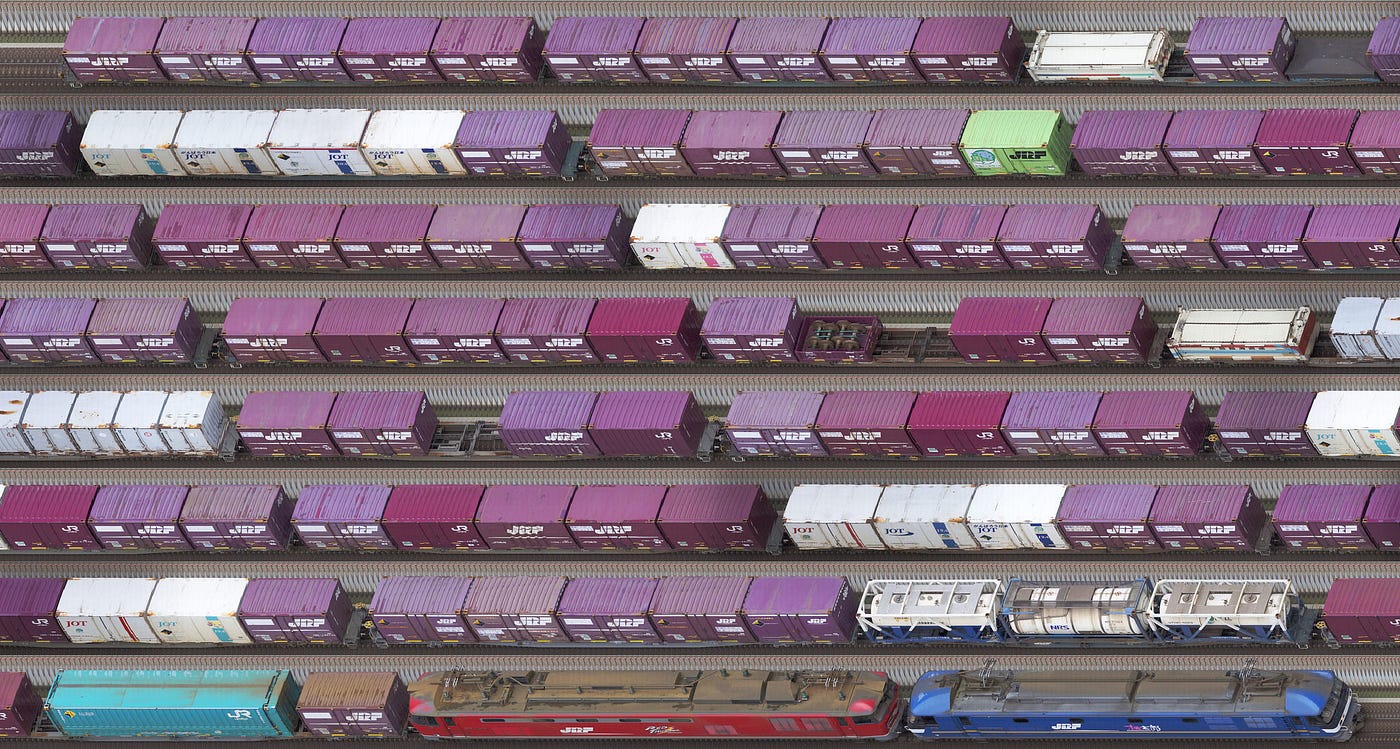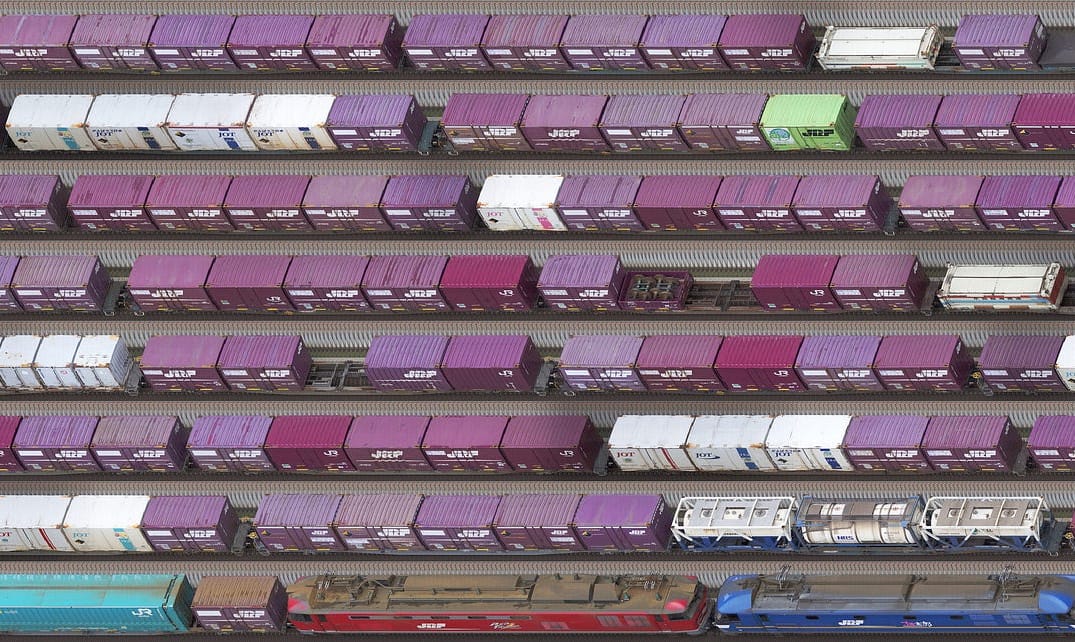
By Sam Karimzadeh
I am not part of the tech CEO fandom. When I hear someone praise Steve Jobs, my stomach churns like I just chased some cottage cheese with a shot of lime juice. But the potential of Hyperloop — and of being able to get from San Jose to San Francisco in 20 minutes or less — had me genuinely hopeful that some of this “disruption” could trickle down to us average non-tech workers.
I was passing through Atherton when a thought occurred to me: how exactly is Elon Musk going to deal with the conservatives who try to block public-transportation projects? Atherton is part of San Mateo County and most famously known for being the third most expensive zip code in the country. The city spent $145,000 just to try to stop the high-speed rail project. Why?
If it was this politically difficult to get a 150 MPH train to run through Atherton, imagine how difficult it will be to approve a 600 MPH vacuum tube.
Atherton claims to have “concerns about the project to transform Caltrain to electric locomotives related to noise, project timing, tree removal and pruning, and locations of wires and poles.” But are they really concerned about trees and noise (after all, electrification would be quieter)? Atherton is one of many cities blocking transportation projects to keep minorities out. In fact, the town recently played host to a $25,000-per-plate fundraiser for Donald Trump. Atherton epitomizes racialized animosity toward transit projects.
And how does Musk intend to go up againstAthertonian NIMBYism? He doesn’t. The Hyperloop may never be a means of public transportation because the team has virtually no interest in the kind of planning, community organizing and acquisition of land easements needed to turn it into a functioning commuter system.If it were this politically difficult to get a 150 MPH train to run through Atherton, imagine how difficult it will be to approve a 600 MPH vacuum tube.
Musk may be using Hyperloop to challenge the freight industry. Freight is much more lucrative than public transportation. Selling pods to various Bay Area municipal entities wouldn’t attract substantial investment. And BART is planning on maxing out its fleet at a mere 1,081 train cars. However, at 760 MPH, the Hyperloop would outpace most commercial freight trains by more than an order of magnitude. Companies would be able to move freight at 10 times the speed of traditional train and truck freight, and Hyperloop freight would beat a 747 flying at 570 MPH by about 25 percent.
According to SelectUSA, “Spending in the US logistics and transportation industry totaled $1.48 trillion in 2015, and represented 8 percent of the annual gross domestic product (GDP).” If Musk actually creates Hyperloop technology, he’d make a handsome profit.
Freight easements would be as easy to obtain — just look at fracking. Red-state municipalities would roll over just as easily for Musk as they did for the fossil-fuel companies. The playbook for legally bribing local politicos to represent corporate interests rather than the interests of their constituents is well established.
Sometimes it’s as simple as an old-fashioned land rush, not unlike Exxon-Mobile’s $6.6 billion purchase to drill up 275,000 acres in Texas’s Permian Basin. Sometimes it takes fossil-fuel-friendly judges to determine that fracking is in “the public good” and can therefore be acquired by private companies, per Kelo v. City of New London, which is what happened in Pennsylvania.
If the landowner refuses to sell, the companies merely buy up easements or get licenses to existing easements. In one case, Sunoco offered a measly $14,000 for a three-acre easement. The family that owned the land said it wasn’t for sale, even when the easement increased to $100,000. So Sunoco used eminent domain to rip it out of the family’s hands. Dozens of families sued Sunoco, but the county judge ruled that the fracking was for “the public good” and held in Sunoco’s favor, shifting the burden of appeal to the homeowners.
Sometimes the state government is so thoroughly bought by fossil-fuel companies that the state legislature effectively acts as their arm. In Mississippi and Alabama, governors practically faint out of excitement for the extraction of high-risk, dirty tar-sands oil. Tar-sands oil sits under roughly one quarter of Alabama. In 2014, Alabama governor Robert Bentley announced “the creation of the Alabama Oil Sands Program to “begin the study and research of one of this state’s greatest energy resources.” MS Industries has already drilled 1,500 exploratory boreholes.
According to Joel Mize, a Colbert County resident with a 50-year career in petroleum engineering, “[I]n order to tap into their main target resource, operations will need to access a geological formation that contains both the heavy oil as well as aquifer water in the same zone,” he said. Nature has developed a “fragile balance” that simultaneously holds the oil while allowing water to flow through and be used for springs and wells. Disrupting that balance and breaking the thin membrane holding the oil in place will lead to “unavoidable mixing of oil and water.”
Venture capitalists could try to build public transportion, or they could further fatten their wallets with freight-corporation money. Which one seems more likely? Even the promise of a $20 ticket appears to be a lie — the costs of building Hyperloop One far exceed the initial calculations.
Tech giants seek to make the lives of people in their class better. The average person can’t afford to DoorDash every meal, Uber or Lyft to and from every destination, or pay $15 a day for valet parking in the city. New York Times contributor Farhad Manjoo says, “With a few taps on a phone, for a fee, today’s hottest start-ups will help people on the lowest rungs of the 1 percent live like their betters in the 0.1 percent.” And just like they don’t care about you, they won’t struggle to outmaneuver Atherton when they could much more easily (and much more profitably) service the needs of the ultra-lucrative freight sector.







